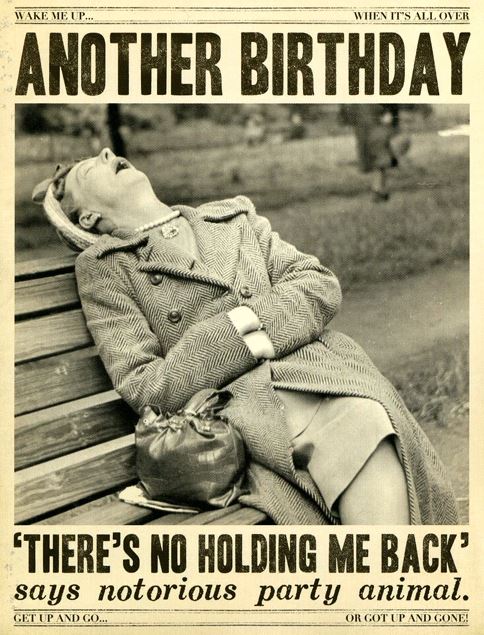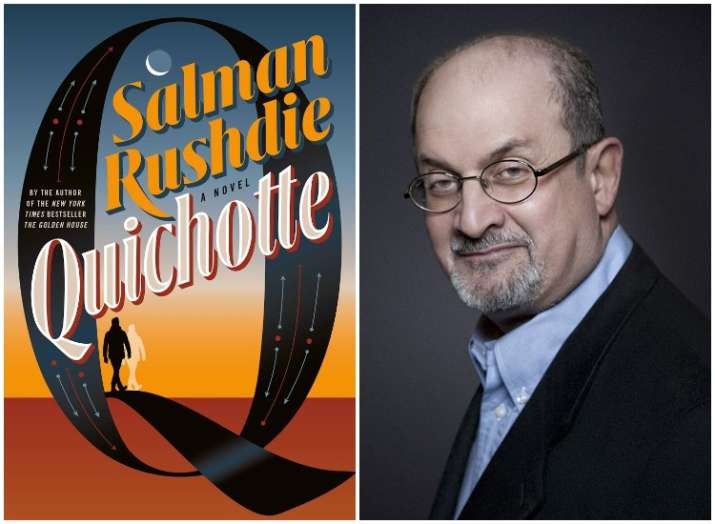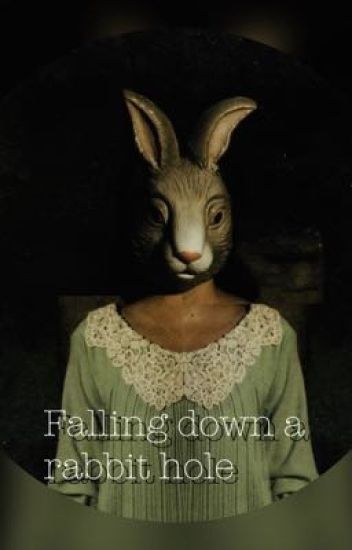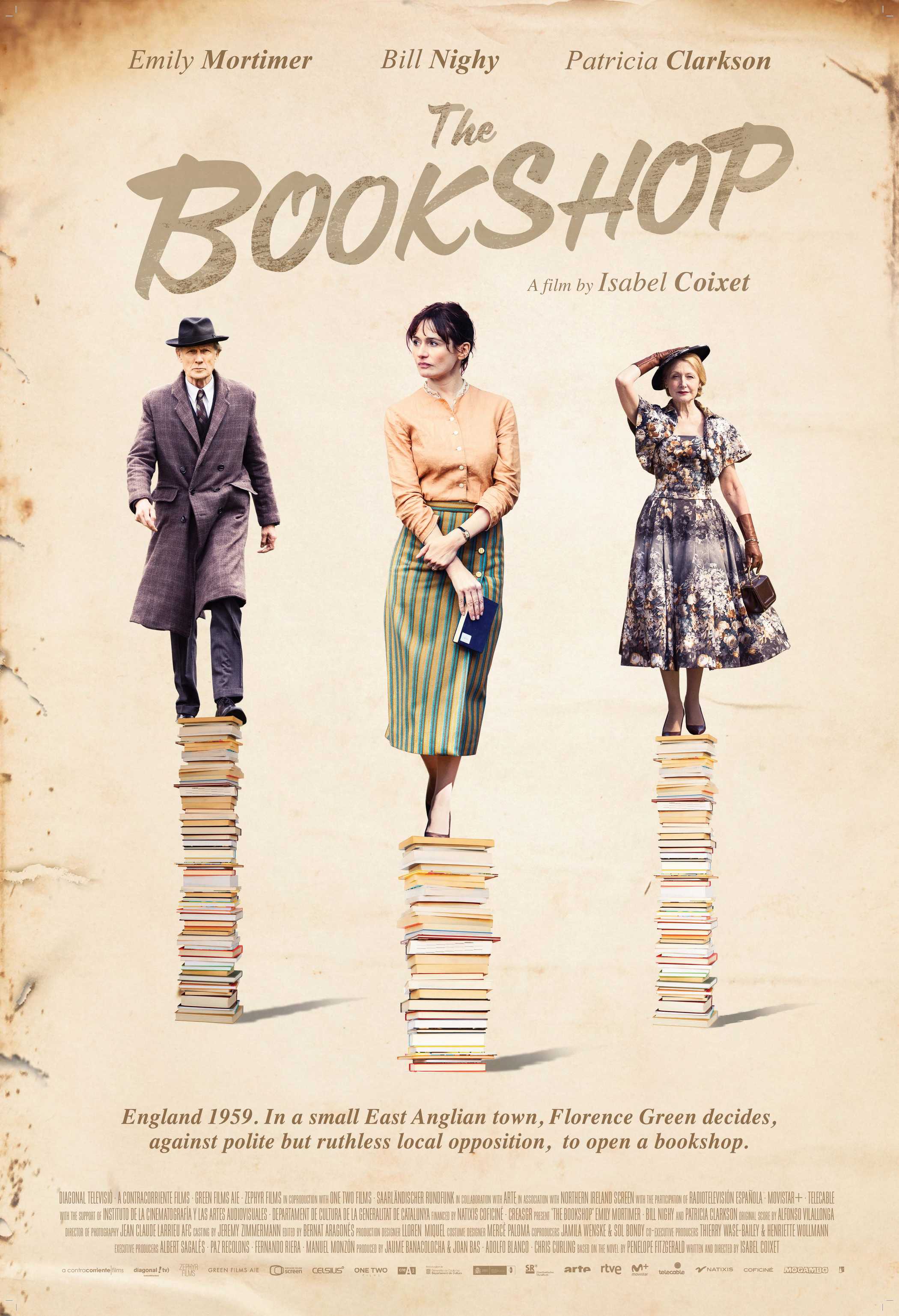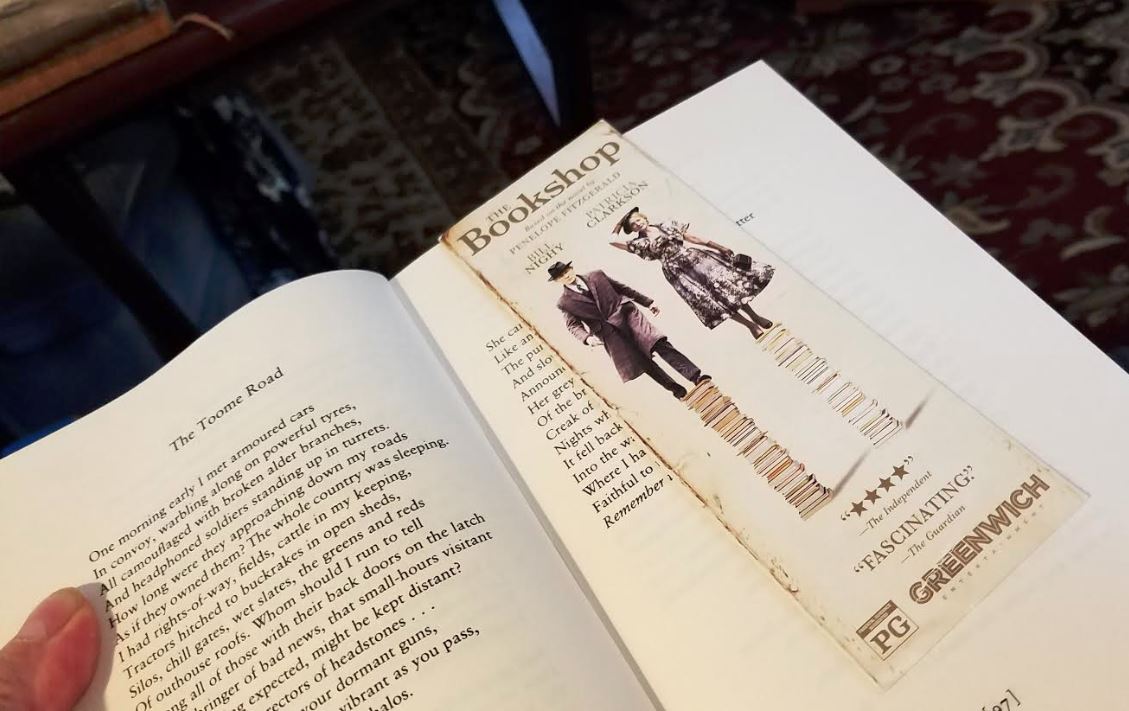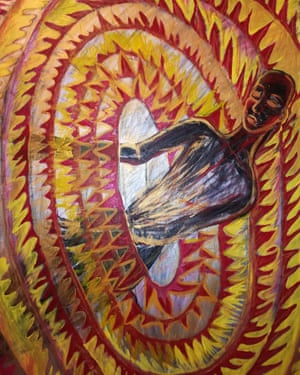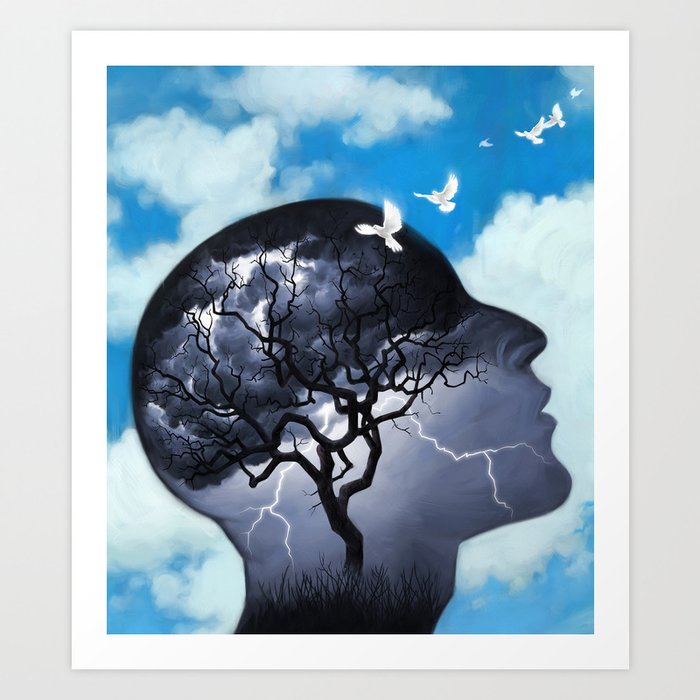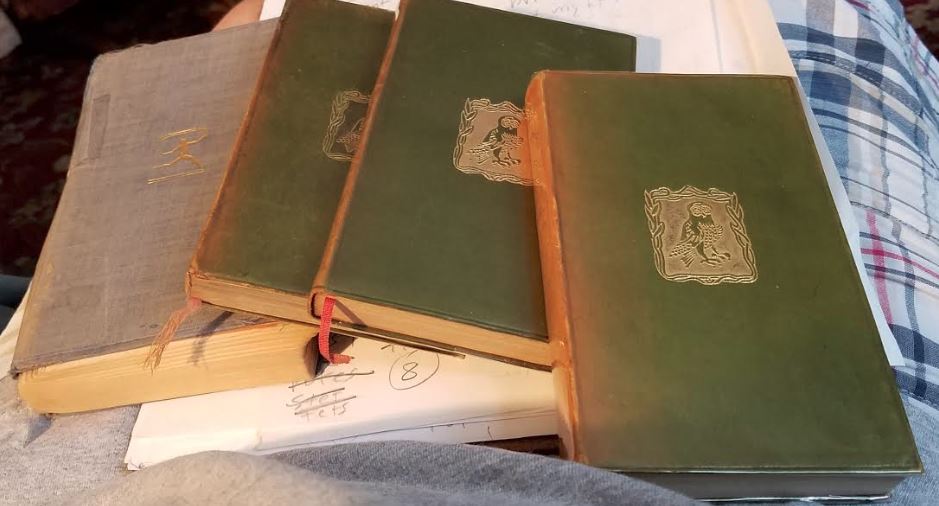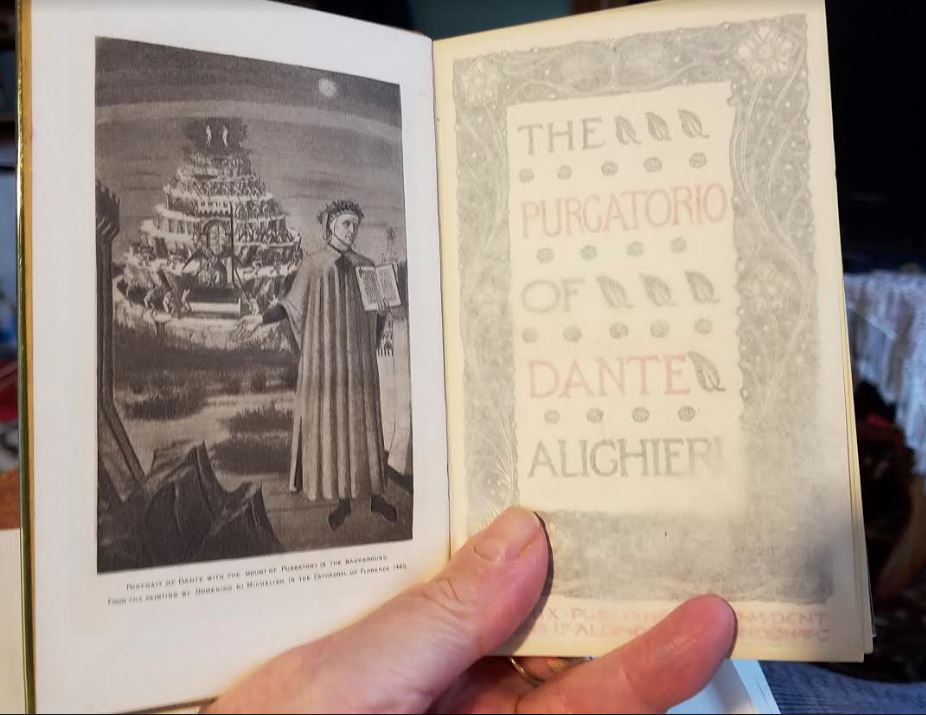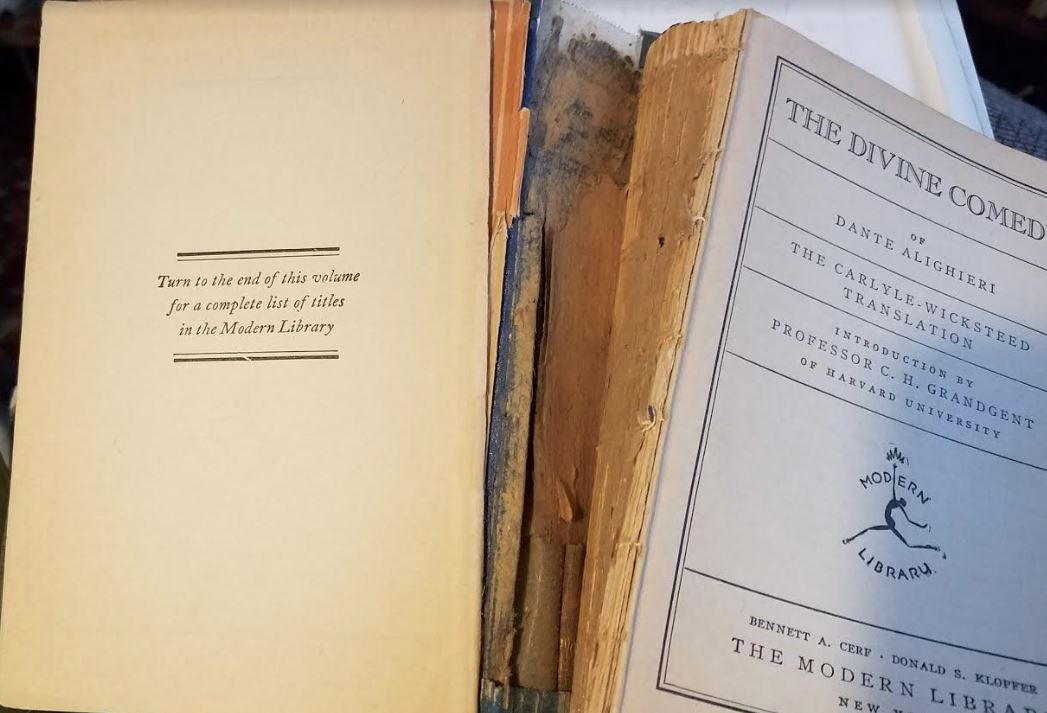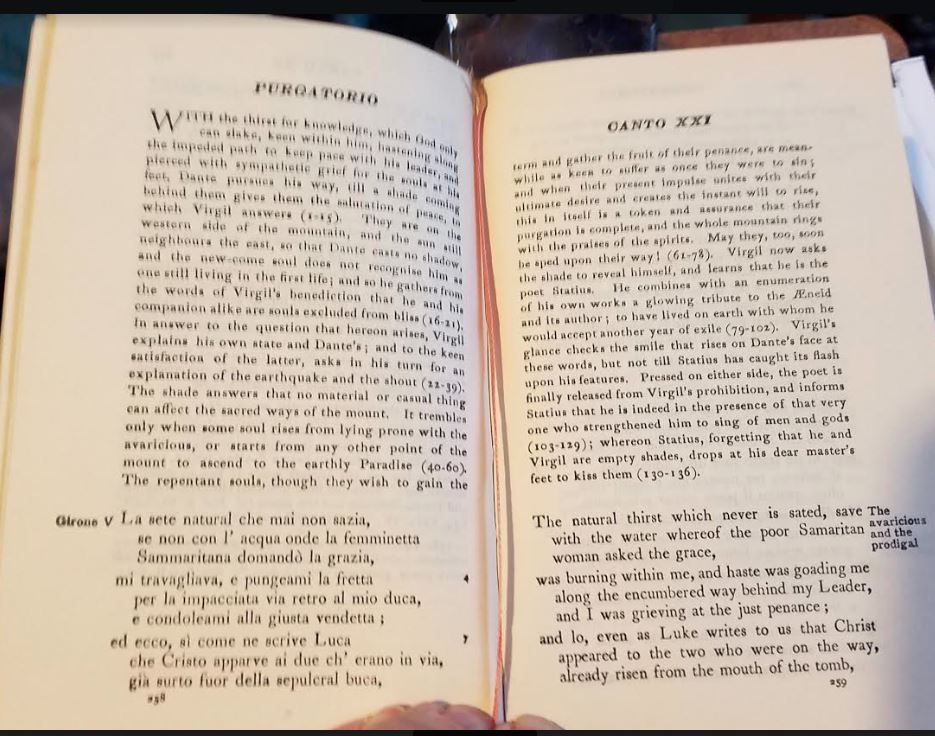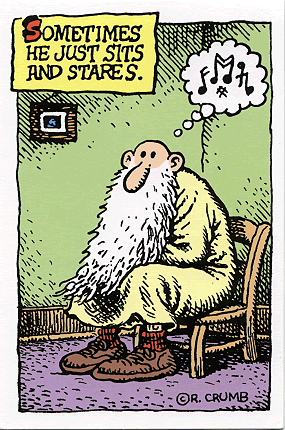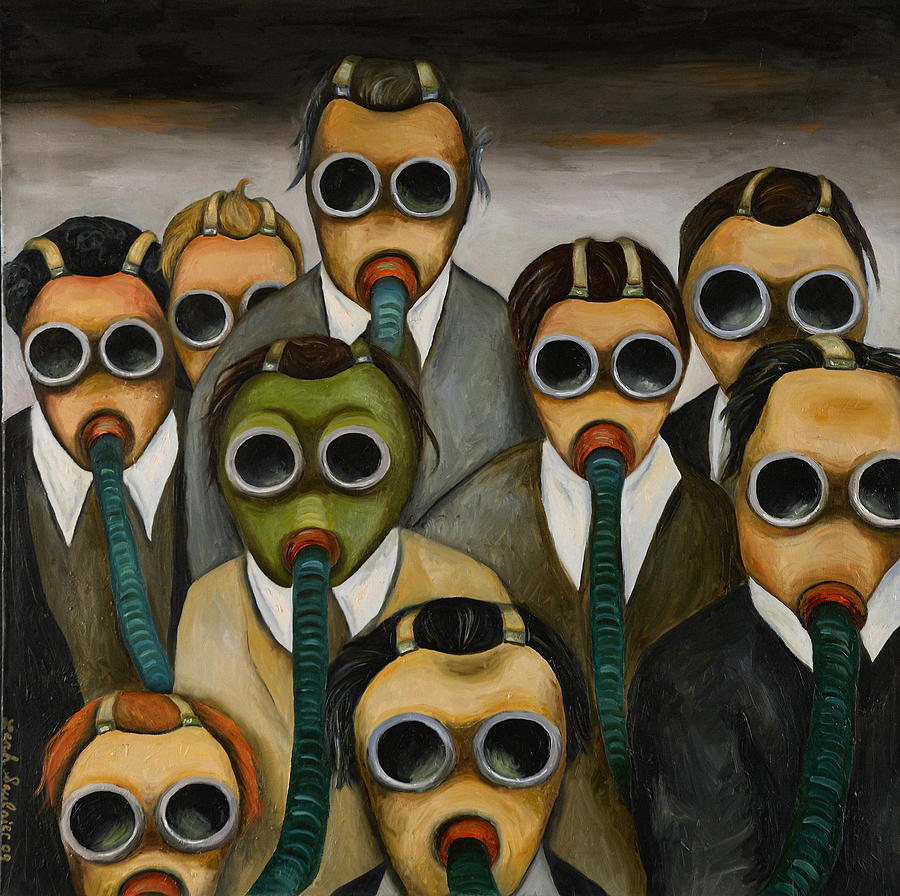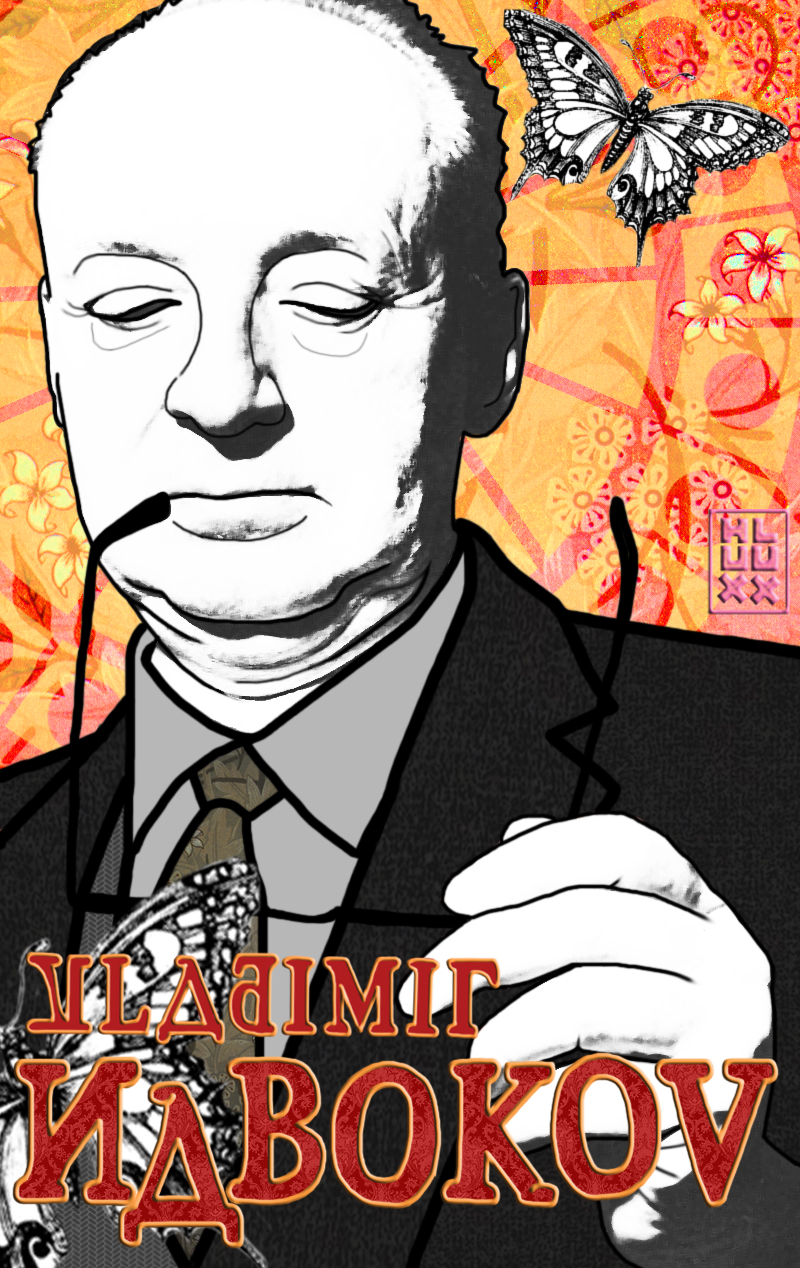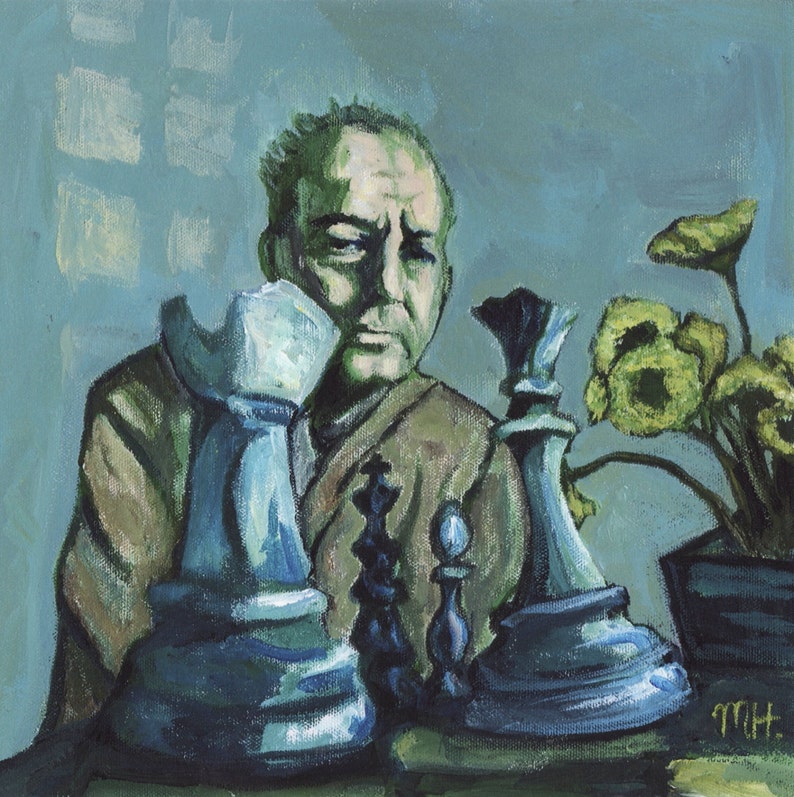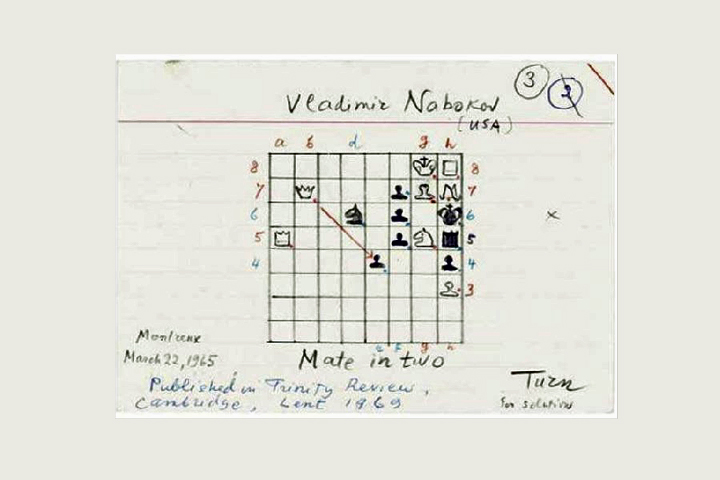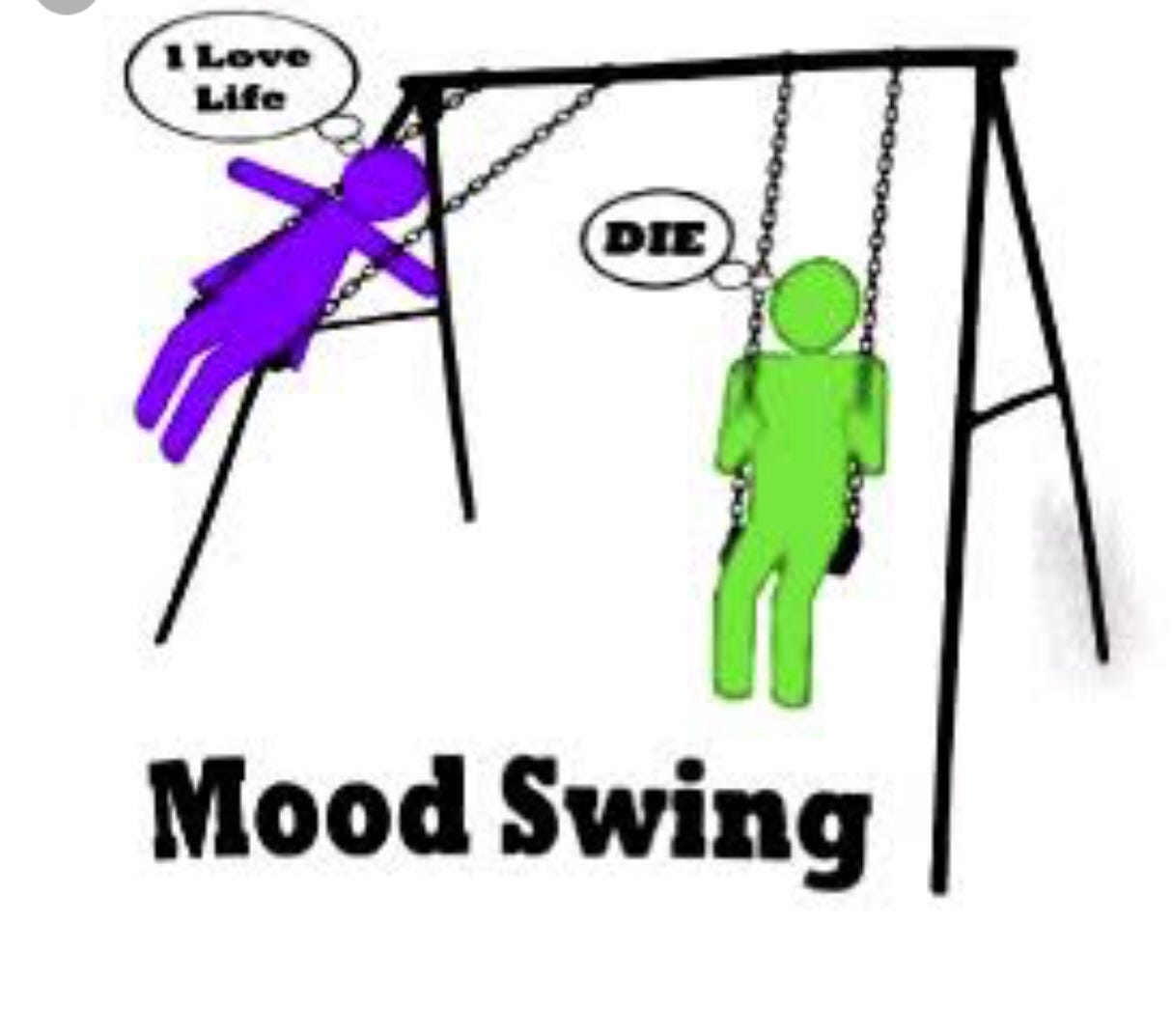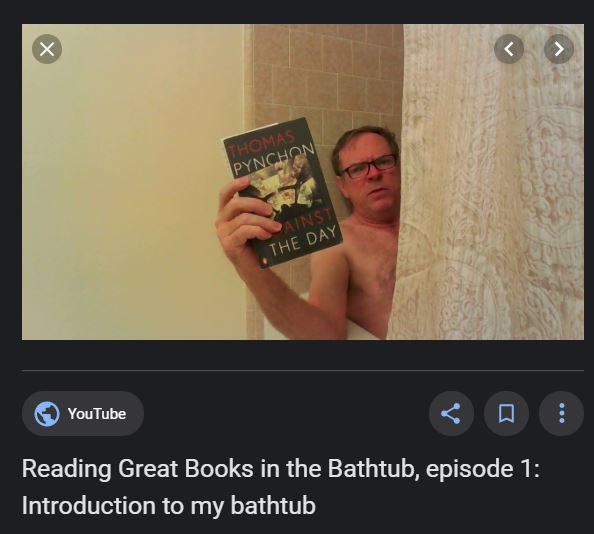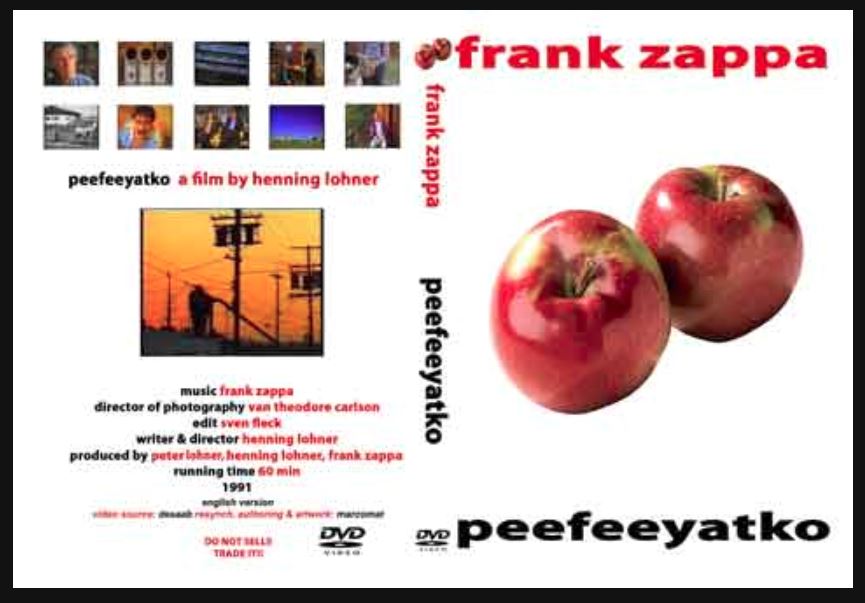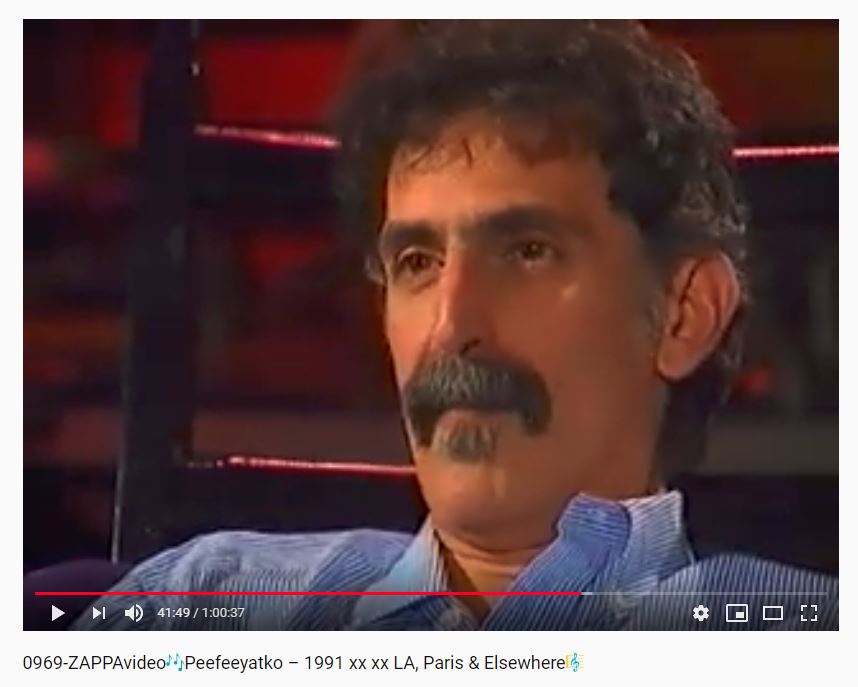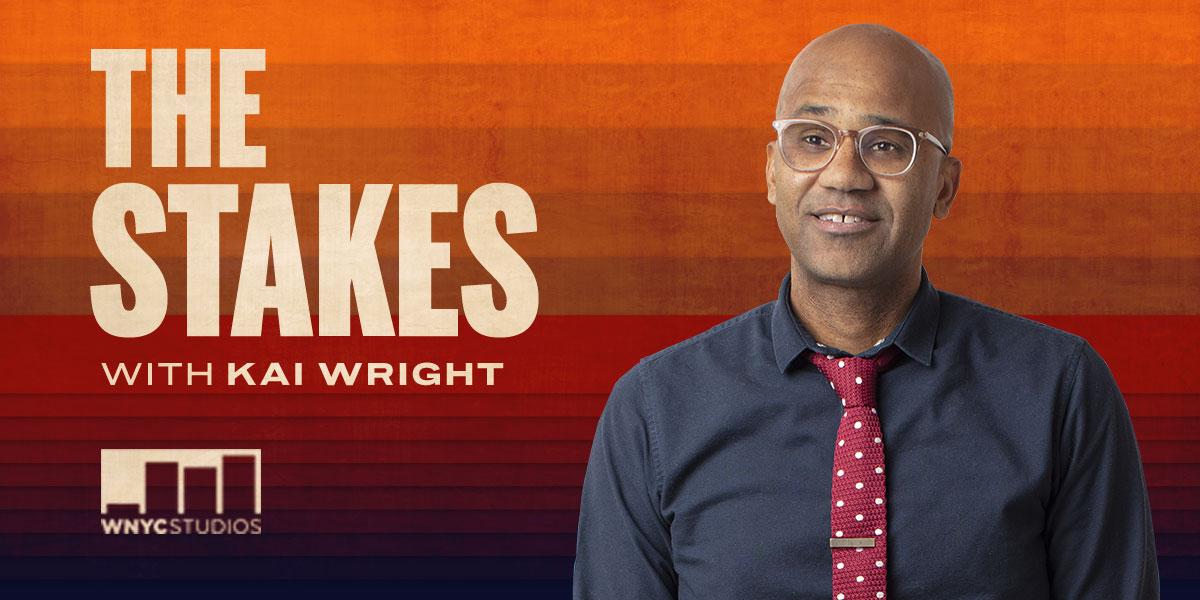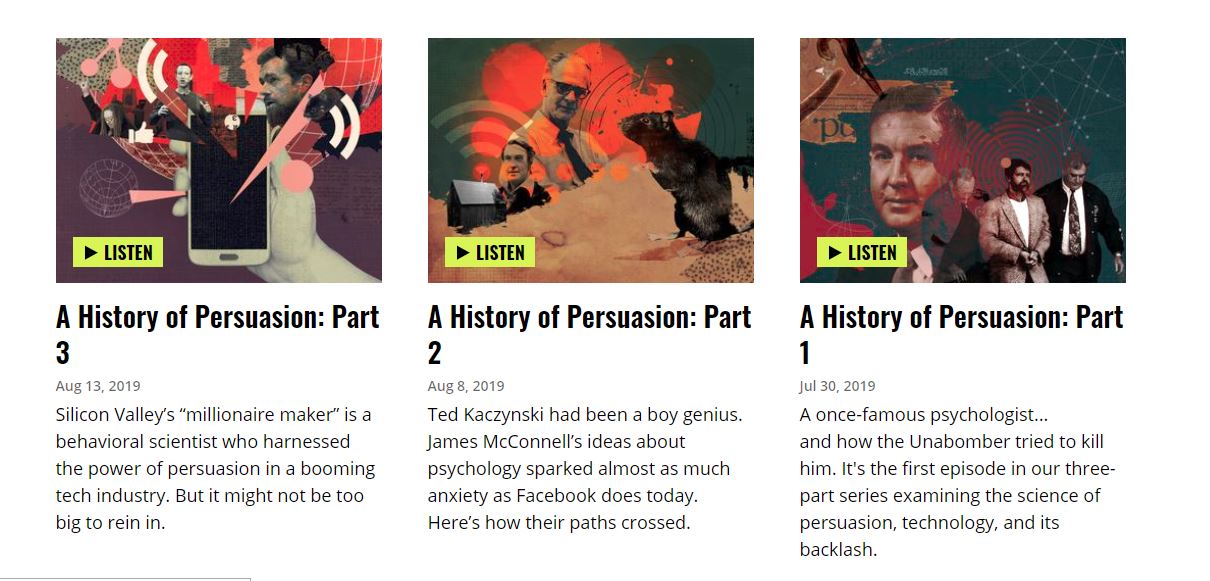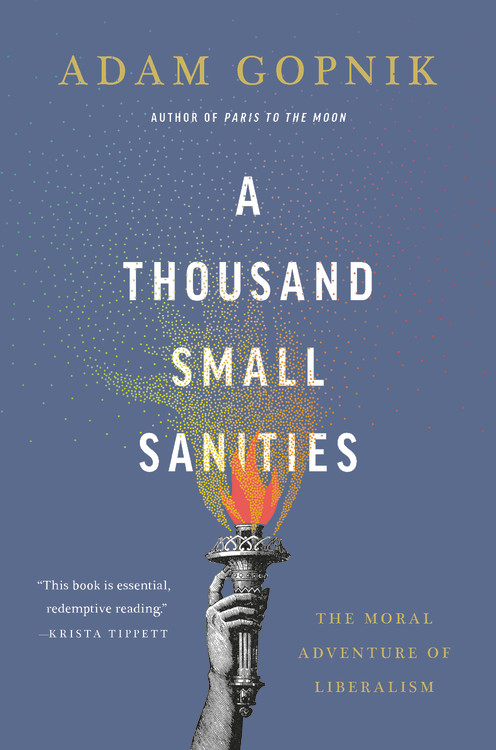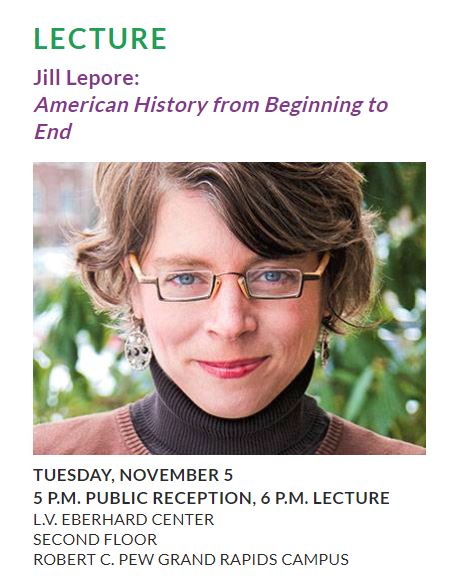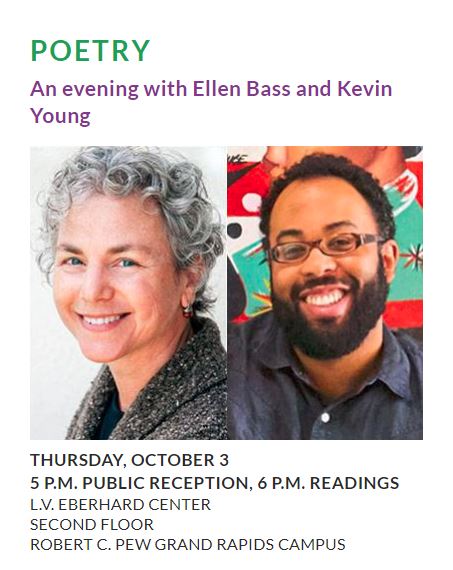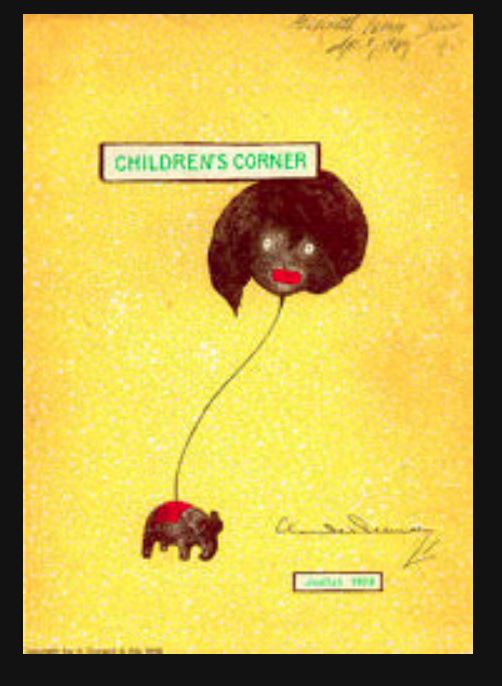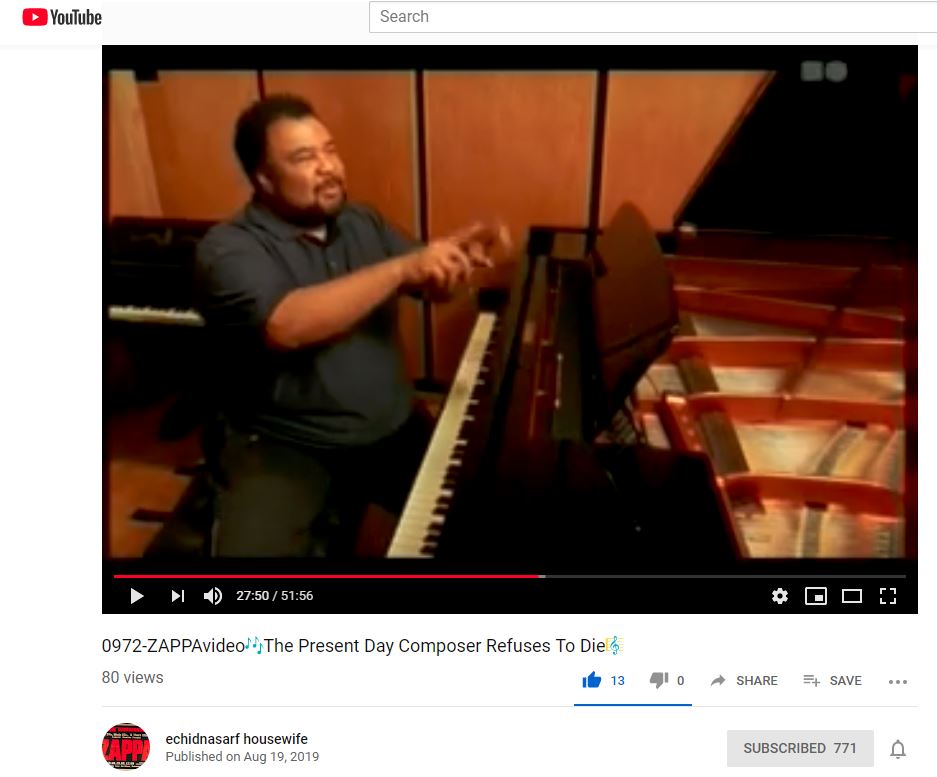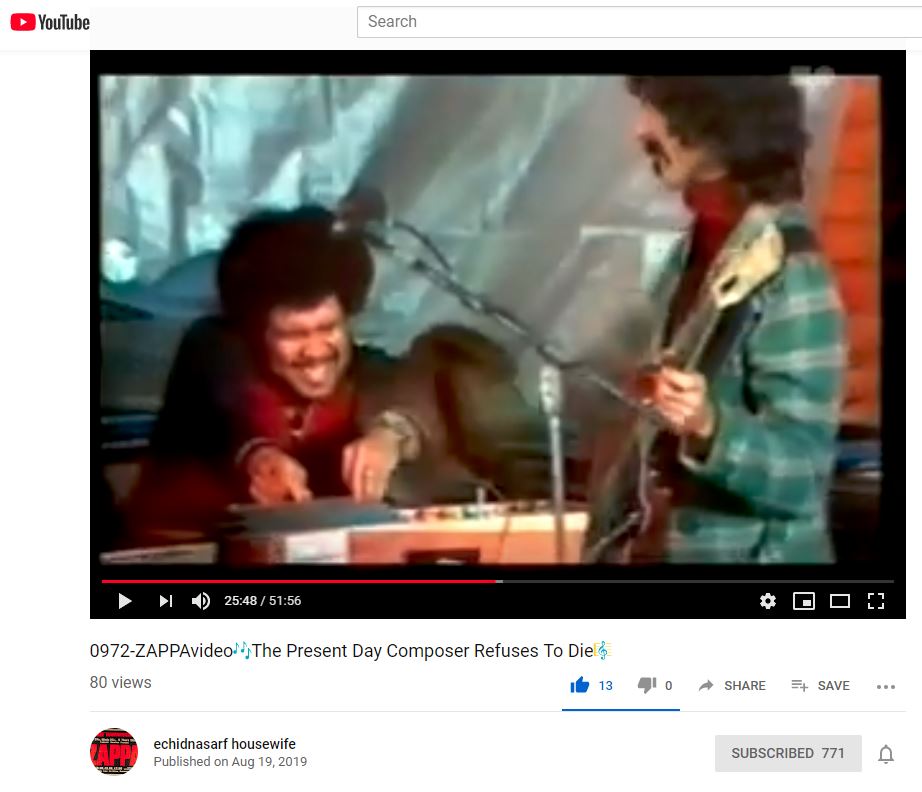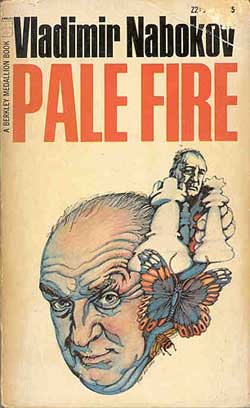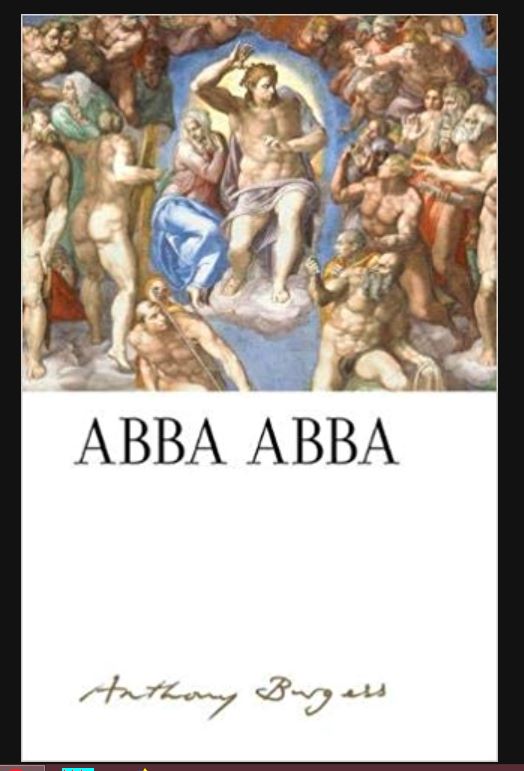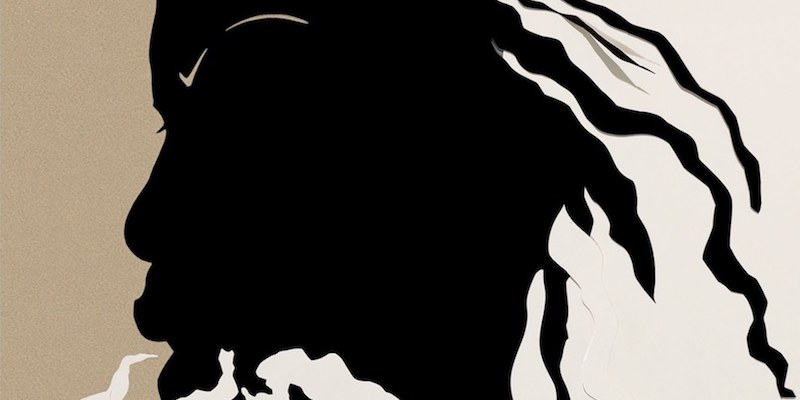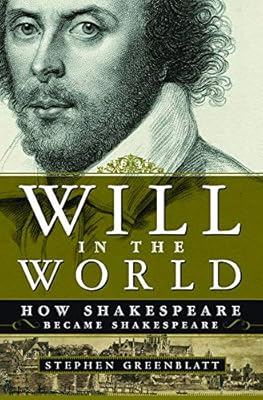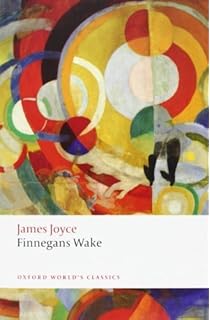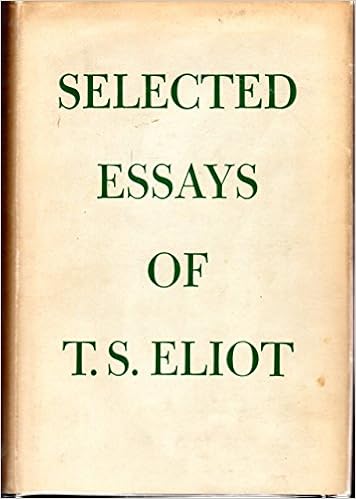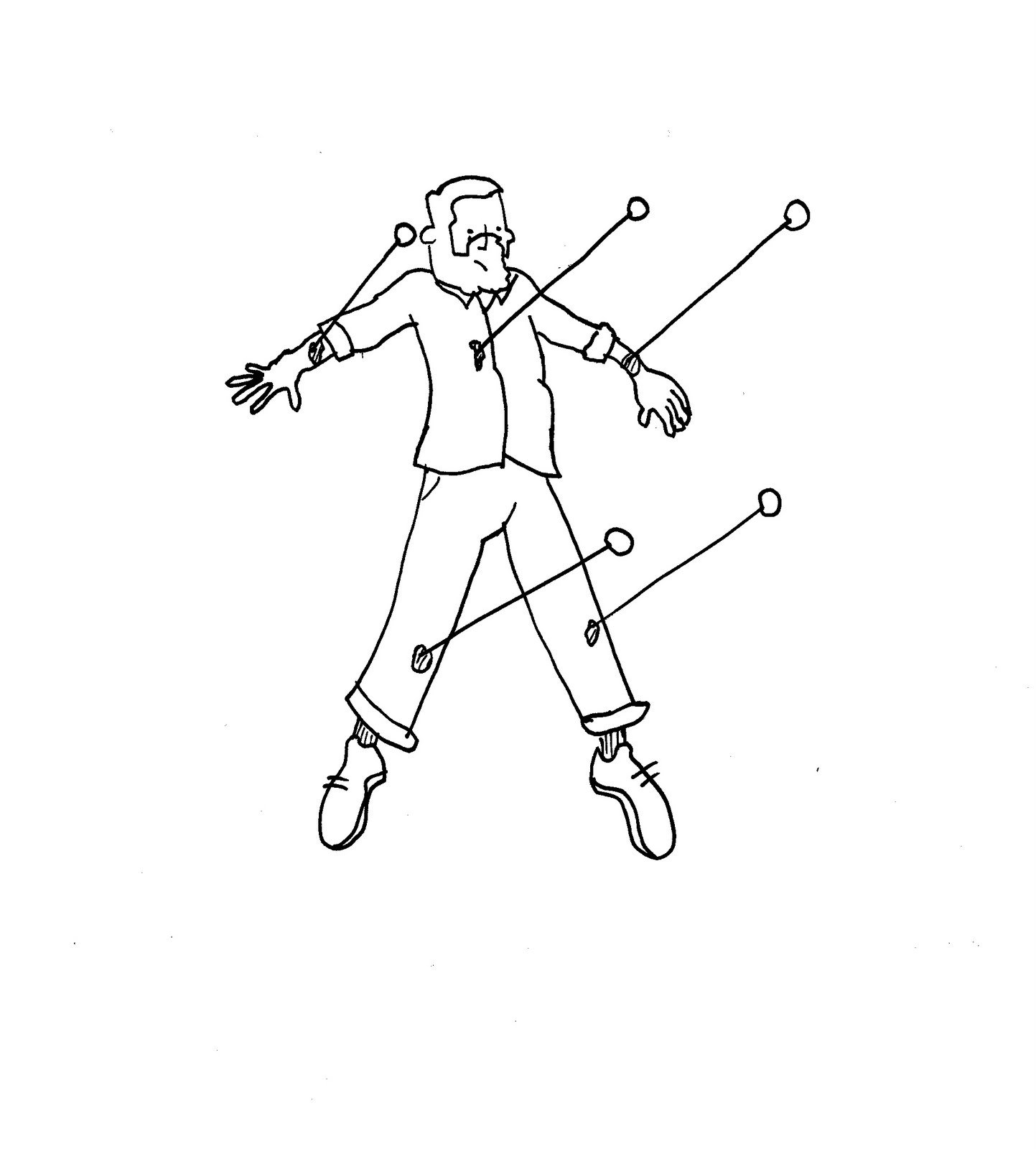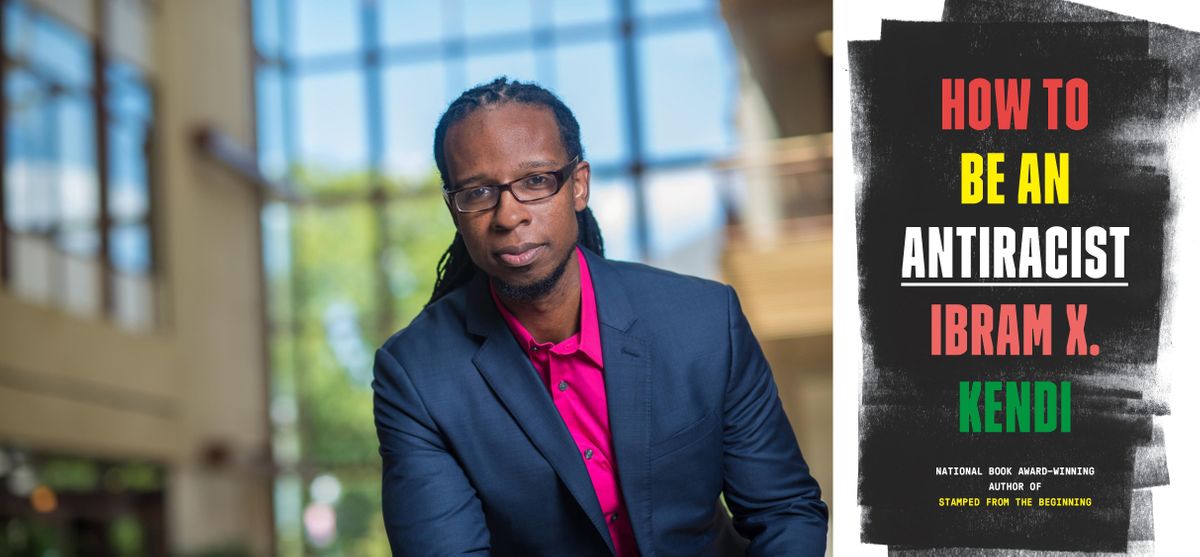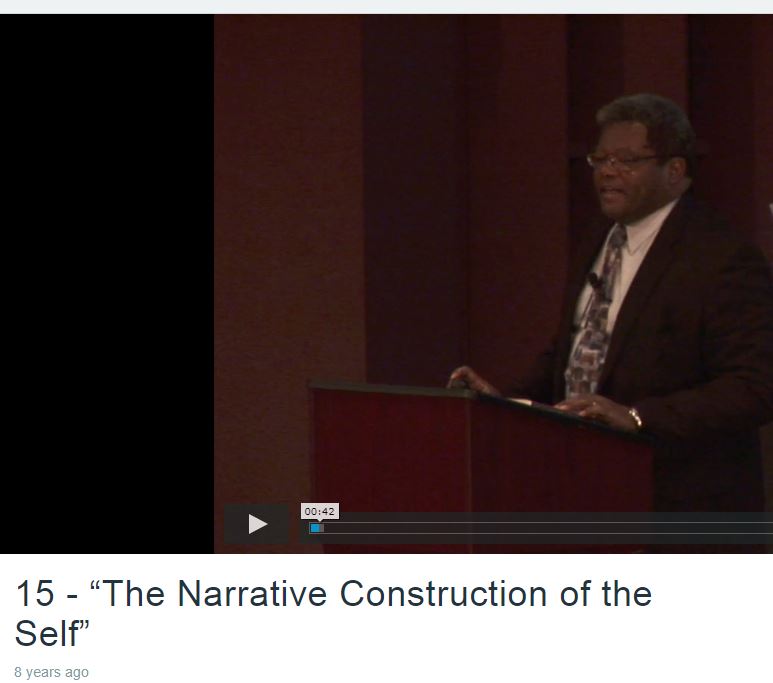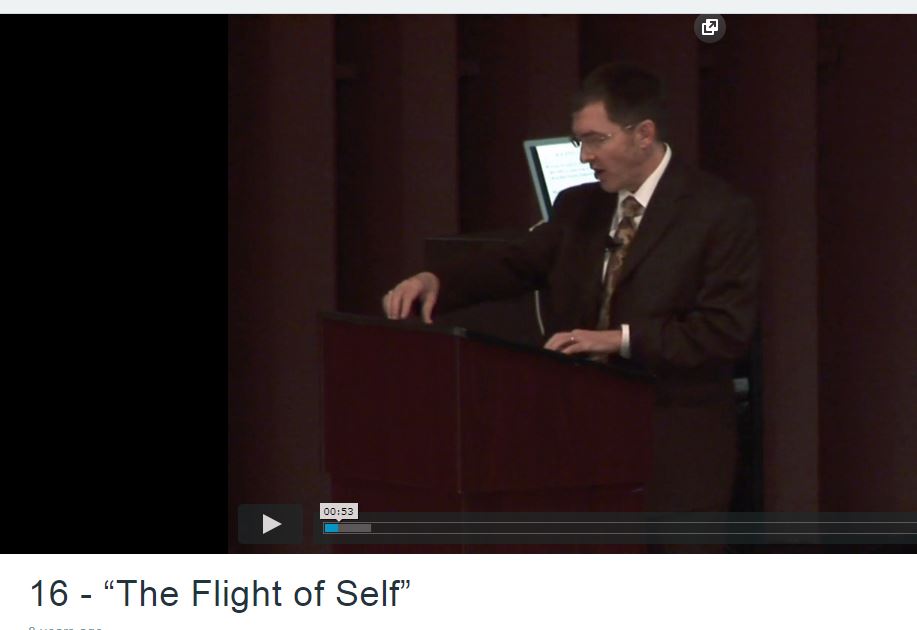
I can feel my renewed post-vacation perspective beginning to ebb away every so slightly. Dang. I am resisting going in to work unless absolutely necessary. So yesterday I emailed the suggested music for upcoming Sunday as I usually do. And today I am staying away entirely.

I am also resisting over preparing for the choir this fall. Last Wednesday I managed to plan Sundays through mid-October. That’s probably more anthems than I can get through at our first rehearsal on September 11. Jen asked me to meet with her and our two new people, Amber and Sarah tomorrow. I’m guessing that she won’t want to meet with me separately after that. I would like to use some of time at work tomorrow to continue planning. Amber and Sarah are pastoral staff. Amber is in Spiritual Formation and Sarah is in Adult and Children formation. It makes sense for me to participate in initial discussions with them to help them understand who we are and what we do in our worship.

I picked out two nice pieces by Louis Marchand for this weekend’s prelude and postlude. I am realizing that performing music is probably the main thing that piques my interest about my church work. This includes leading the congregation.
I am learning to judiciously choose organ music that either I can perform easily (the two Marchand pieces) or I can take time and learn more slowly. I have been working on a little prelude by Langlais. It’s basically a piece for manuals so I can rehearse it at home.

Jean Langlais (1907-19991)
This is true of the Marchand pieces as well.
I know I’m going to want to learn some more challenging music that will require more time at the organ. I think that will be a good thing because it is so rewarding. And I’m also continuing to alternate composed pieces on one weekend and then improvising the prelude and postlude on the next.
I am madly trying to finish Daniel Siegal’s Mind: A Journey to the Heart of Being Human. I’m on page 244 of 330 so the end is in sight. Siegel’s a little goofy but he has some very interesting ideas and connects clearly to scientific understands of physiology, quantum physics, and other disciplines.
He constantly recommends further reading in the literature if something catches the reader’s attention. I like that but so far haven’t followed up on anything.
He is someone my therapist likes although I don’t think he has read any books by him, just listened to him lecture (on YouTube?).
For me he is a bit of a moving target. In the book I am reading he recommends going to his web site to learn more about a little exercise he comes up with that he calls the Wheel of Awareness before continuing.

Unfortunately on his website (which of course is more up to date than the book I am reading), he says before listening to any of the embedded talks he asks you to complete part 2 of his book, Aware: The Science and Practice of Presence

Oh no!
I don’t think I will do that. I will finish this book and maybe (maybe) check out some of his lectures on YouTube.

I continue to do my daily simultaneous reading of three books on T. S. Eliot. Two biographies and a study of his references to Jews in three poems. I’m on page 306 of 335 in Peter Ackroyd’s biography and 410 of 547 in Lyndall Gordon’s T. S. Eliot: An Imperfect Life.
I enjoy chipping away daily at works like this. If I get inspired I read more than a couple pages but manage to almost always get in a daily minimum. This enables me to get through a ton of books even if it’s slow progress.
The third Eliot book is Patricia Sloane’s T. S. Eliot’s Bleistein Poems: Uses of Literary Allusion in “Burbank with a Baedeker: Bleistein with a Cigar” and “Dirge.” Sloane, who died in 2001, intended to write two more volumes of her studies on Eliot. She writes very wittily and clearly. She apparently died before publishing any more on Eliot. She was also an artist.
The only drawback so far is I can’t get hold of a copy of “Dirge” by Eliot. It seems to have been censored out of existence (at least on the web).
Here’s a quote from Sloanethat I recently related to personally:
“When turning to Eliot, however, we may need to expand our conception of autobiography. A significant part of his life experience is that he read books, listened to music, looked at paintings.”
When I read this last sentence to Eileen, she said, “Sounds like Steve.”
Yup.
Sloane’s book is the kind of book that I suspect Scott Bradfield disdains.
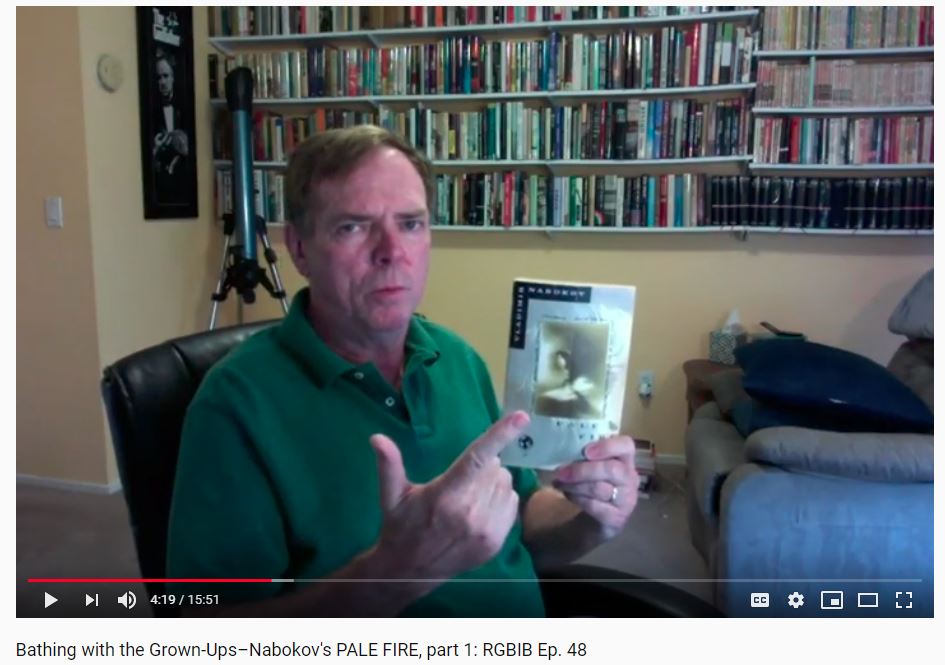
You remember this dude. I have been listening to him when I exercise in the morning. He discourages his students from seeking secondary sources about works they are reading. I get that, but personally I find a dictionary (usually on my phone) indispensable to my reading and enjoy reading some secondary literature about the books and music that I come in contact with.
I have been listening to his lectures on Joyce’s Ulysses which do fascinate me. I have only listened to the first few that deal with the Stephen Daedalus stories at the beginning of the book which are relatively straight forward for Joyce.
Bradfield volunteers that he often doesn’t quite get what’s going on and disdains finding out more using secondary references. This is odd. He also hates Joyce’s puns and describes Finnegans Wake as unreadable.
I am curious what he will make of the more difficult sections of Ulysses.
Bradfield has also written a book entitled Why I Hate Toni Morrison: Several Decades of Reading Unwisely

I’m sure he has a good argument, however, I love Morrison. This morning I got a bit bored and switched to a talk Morrison gave at a 2011 Book Festival.

I haven’t given up on learning from Bradfield. I might even check his book on Morrison out. But, I think she is brilliant.
Last Sunday, the NYT issued three sections of historical updating about slavery on the anniversary of the first sale of slaves in the USA. I have been slowly reading through all of them. (The third article was in the Sports Section. I had to fish it out of the recycle when I found this out.

This is the lead article in the newspaper section. It is written by Nicole Hannah-Jones whose article was so brilliant that even Newt Gingrich said so as he disavowed the basic idea of understanding slavery as a founding American moment.
I didn’t know that Bauhaus was anything more than an architectural movement. It’s interesting to learn about the relationship of the movement to music.
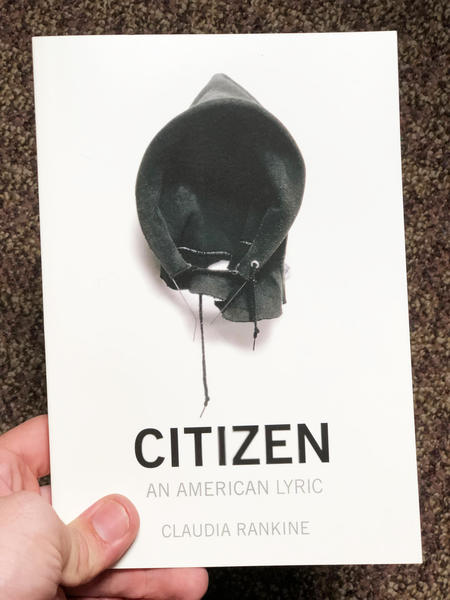

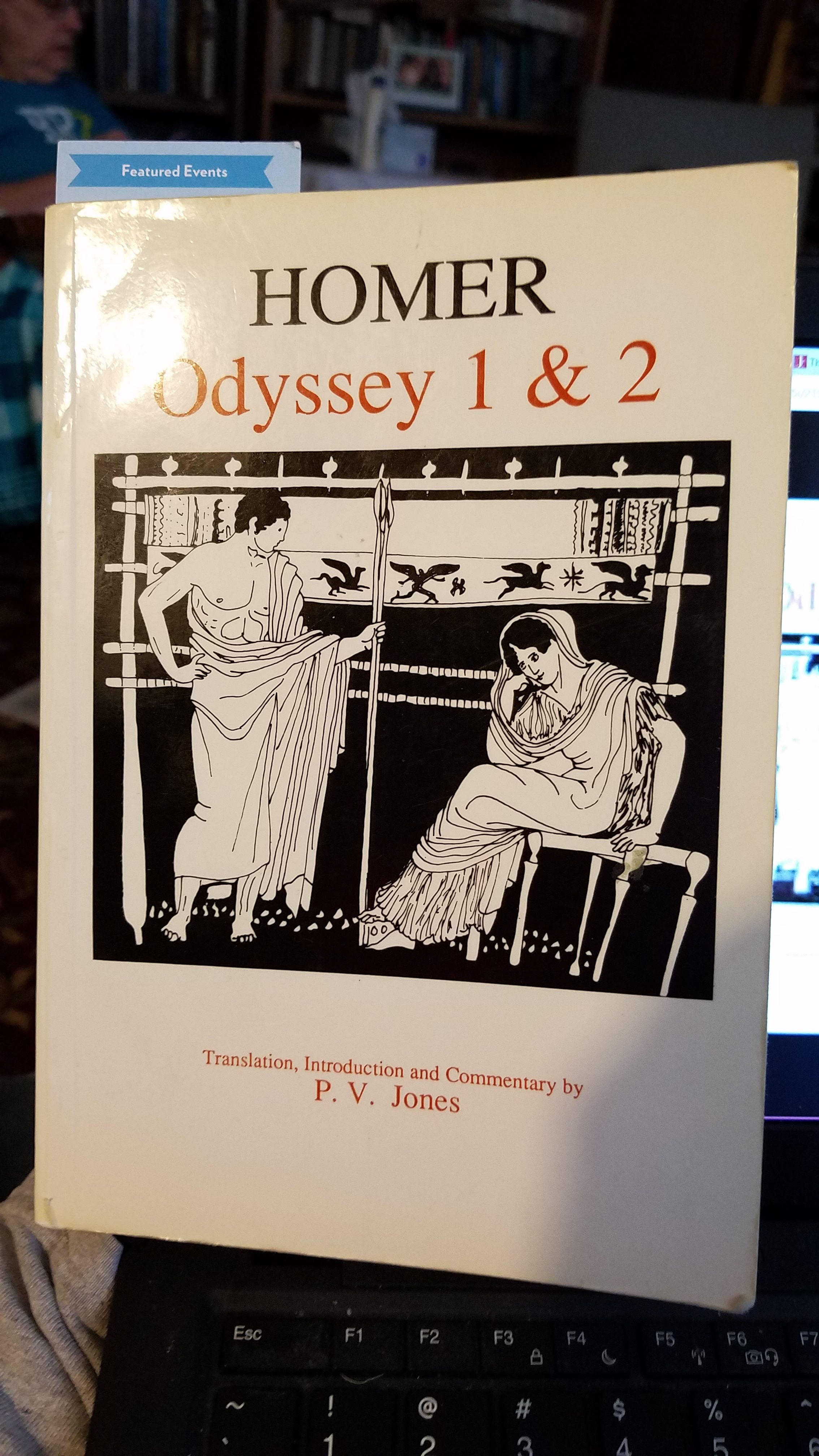


/https://www.thestar.com/content/dam/thestar/news/obituaries/2009/12/16/oral_roberts_91_a_trailblazer_of_televangelism/a_trailblazer_oftelevangelism.jpeg)

